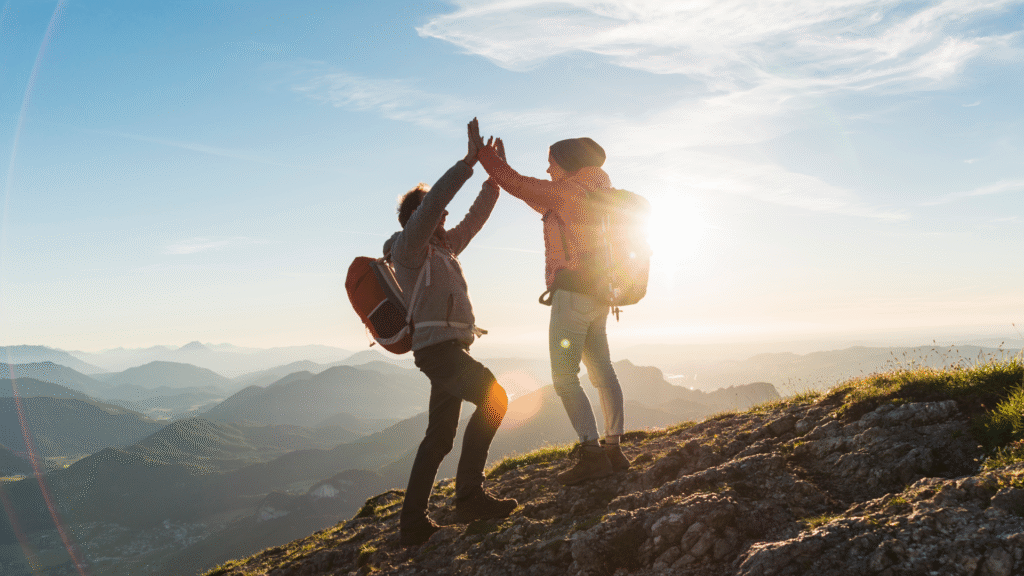If you’ve ever done a hike only to feel totally wiped out the following day – you know, like someone’s driven a truck over your entire body – then it’s probably time to level up your recovery.
Recovery is more often associated with the gym and workouts, but a hike is just as much as a workout for your body (sometimes more) than lifting weights or running, especially if you’ve encountered lots of elevation and have a heavy pack on your back.
Luckily, James Appleton, Strength Coach and Founder of 46 Outdoors Company has shared four tips in a recent YouTube video that will help you bounce back post-hike, so you’re ready to take on the next one. His tips aren’t rocket science, but they are essential.
1. Get good quality sleep
(Image credit: iStock)
“The ultimate recovery tool,” says Appleton. Let’s be honest, many of us know this, but still don’t choose to prioritise it but, if you want to feel fresh post-hike, it’s time to start. “Your body does most of your repair while you’re sleeping. So, aim for 6-8 hours minimum (more if you can) and get to bed early the night of your hike.”
He also adds to minimise screentime before bed and avoid eating right before bedtime too. “Let your nervous system wind down so you can fall asleep and fall into a deep sleep quickly, and ultimately give your body the best chance to fix itself while you sleep.”
2. Fuel your body (well)
A car won’t start if you’ve run its engine dry, and it’s the same with your body. “You’ve got to rebuild what you just broke down on the trail,” Appleton says. “Your muscles, your energy systems all just took a massive beating all day long, so you’ve got to rebuild.”
Protein and carbohydrates are your best friends. Protein will help with muscle repair, while carbs help to replenish your glycogen stores that you’ve burned through on your hike. “If you skip it and you don’t really eat much, or you don’t eat the right foods, you’re just setting your body up to have to work harder to recover, and that soreness and that fatigue that you’re experiencing is just going to linger.”
3. Hydrate!

(Image credit: Getty Images)
“Even if you drink water all day, even if you have electrolytes throughout your water all day, you’re still probably going to be dehydrated,” says Appleton. “At the end of your hike I want you to drink 1-2 litres of water over the next 12 hours or so; add electrolytes, add some salt, have some potassium, and make sure you’re doing the things necessary so your body actually absorbs the water your body’s getting.”
4. Prepare better
Appleton points out, it’s not just about what you do after your hike but what you do during your hike, and in the lead-up to it. “If you don’t eat properly during your hike, you don’t train your body consistently before you get out into the mountains, then of course you’re going to feel wrecked,” he says.
The morning of the hike, he advises starting with a high-protein/carb breakfast and then to make sure you keep fuelling your body during the hike too. “The best recovery plan starts during the hike,” he adds. Check out these seven best hiking snacks to boost energy and keep you feeling full.
Then, also don’t forget about strength training, which Appleton is a big advocate of for hiking. “If your legs aren’t strong, if your joints aren’t durable, if your muscles aren’t conditioned to keep moving, even when your heart is beating through its chest, you’re just going to suffer.” Not sure where to start? Here are three strength exercises Appleton says that every hiker should be doing.


